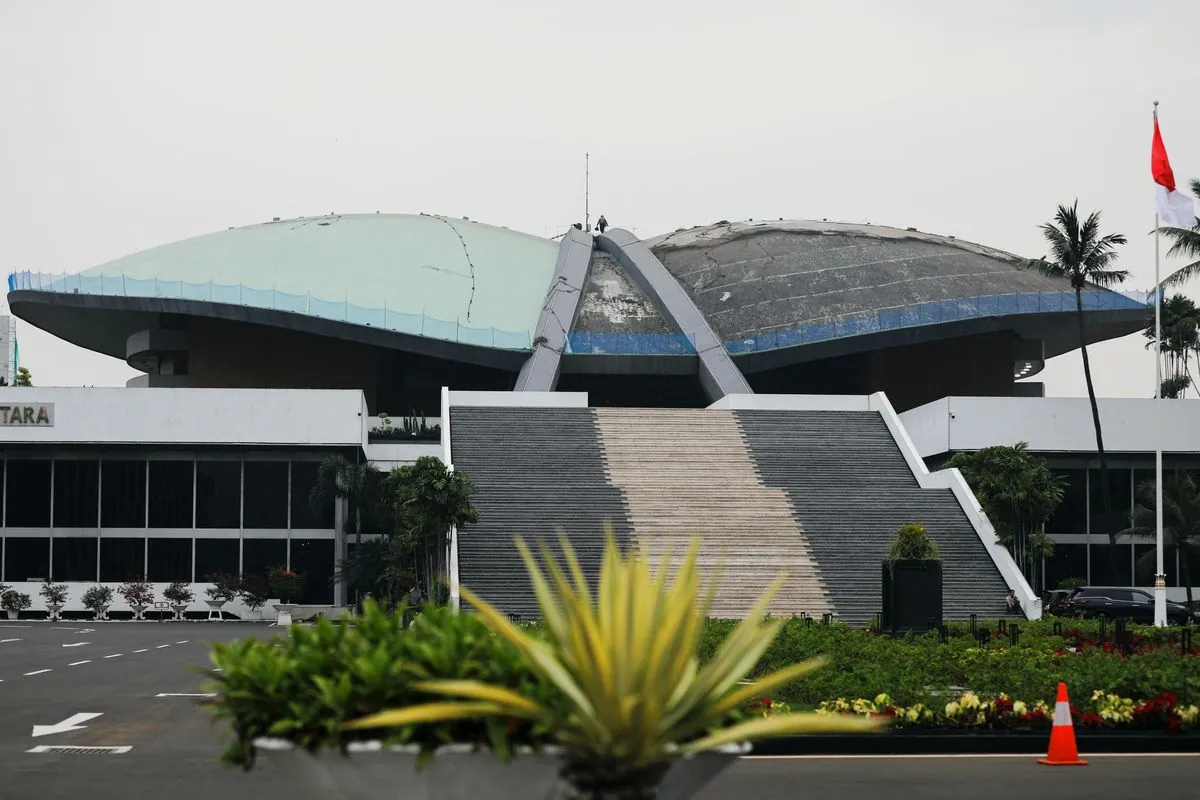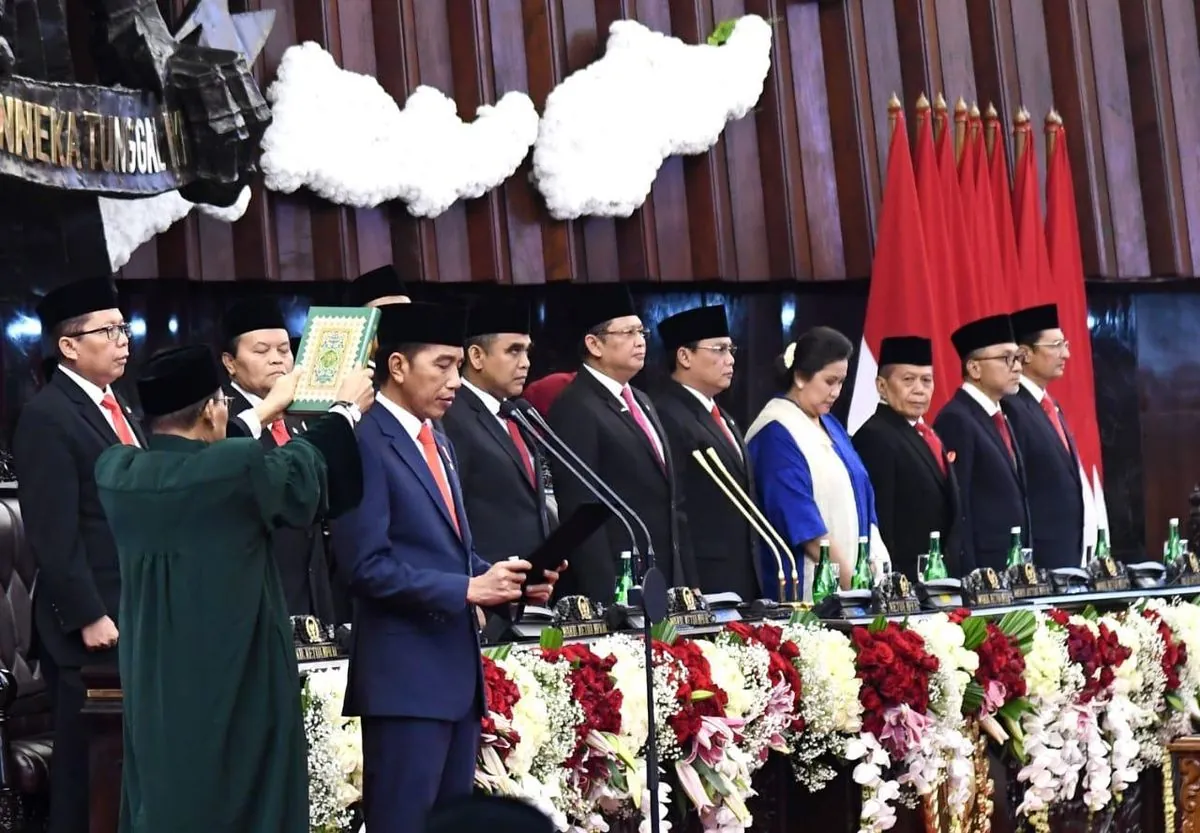Indonesia's Political Landscape Shifts as Prabowo Secures Parliamentary Majority
Indonesia's president-elect Prabowo Subianto gains parliamentary majority with NasDem party support. This political shift impacts upcoming Jakarta governor race and reshapes party dynamics ahead of the new administration.

In a significant political development, Indonesia's president-elect Prabowo Subianto has secured a parliamentary majority, marking a crucial shift in the country's political landscape. This achievement comes as the NasDem party, which holds approximately 10% of parliamentary seats, announced its support for Prabowo's incoming administration on August 15, 2024.
The addition of NasDem to Prabowo's coalition has increased his government's control in parliament from 43% to 52%, providing a solid foundation for the new administration. This majority is expected to facilitate smoother legislative processes, including the approval of the 2025 budget, which outgoing President Joko Widodo, commonly known as Jokowi, is set to announce on August 16, 2024.
Prabowo Subianto, a former military commander, and his vice-president-elect Gibran Rakabuming Raka, who is Jokowi's eldest son, are scheduled to be sworn into office on October 20, 2024. This transition of power marks a new chapter in Indonesia's political history, following the February 2024 elections.

The decision of NasDem to join Prabowo's coalition has had ripple effects on other political aspirations. Notably, it has led to the withdrawal of support for Anies Baswedan's bid for Jakarta governor in the upcoming November 2024 election. Anies, a former Jakarta governor and government critic, was previously backed by NasDem in the presidential race where he was defeated by Prabowo.
Indonesia, the world's largest archipelagic state with over 17,000 islands, faces unique challenges in governance and development. As the country with the world's largest Muslim population and home to over 300 ethnic groups speaking 700 languages, maintaining unity and progress is crucial. The national motto "Bhinneka Tunggal Ika" (Unity in Diversity) reflects this complex social fabric.
The political landscape continues to evolve, with Jokowi's youngest son, Kaesang, being mentioned as a potential candidate for governor in Jakarta or Central Java. This development adds another layer to the intricate political dynamics of Indonesia, which boasts the largest economy in Southeast Asia and is a member of the G20 major economies.
In another significant move, Airlangga Hartarto resigned as head of Golkar, Indonesia's second-largest political party, which is part of Prabowo's coalition. This unexpected resignation has led to the rescheduling of the party's congress to August 22-23, 2024, where a new party chair will be elected. Analysts suggest that these developments may be linked to Jokowi's efforts to retain influence after his term ends.
As Indonesia prepares for this transition of power, the country continues to grapple with various challenges and opportunities. With the world's third-largest area of rainforest, significant geothermal energy potential, and one of the longest coastlines globally, Indonesia's new leadership will play a crucial role in shaping the nation's future environmental and economic policies.
"Unity is the key to a nation's success."
This statement from Prabowo underscores the importance of collaboration in addressing the diverse needs and aspirations of Indonesia's population. As the country moves forward, the new administration's ability to navigate these complex political waters will be crucial in determining Indonesia's trajectory in the coming years.


































